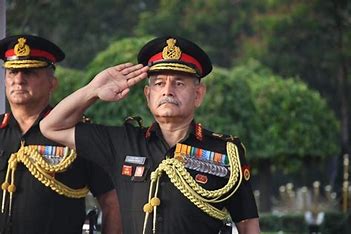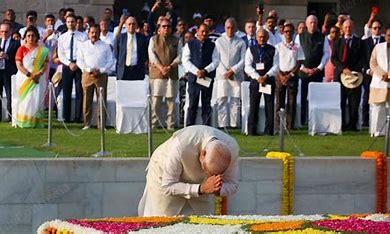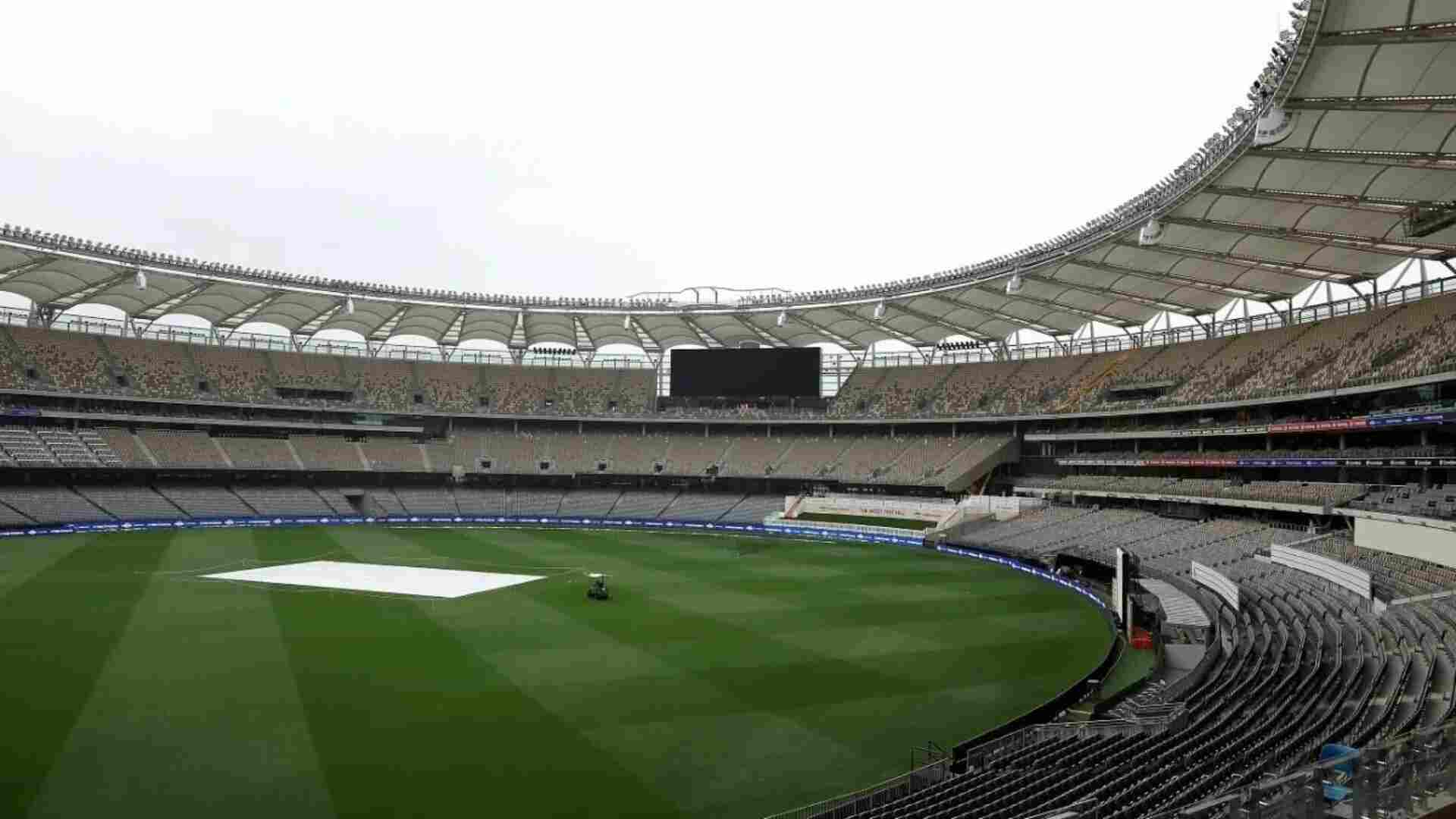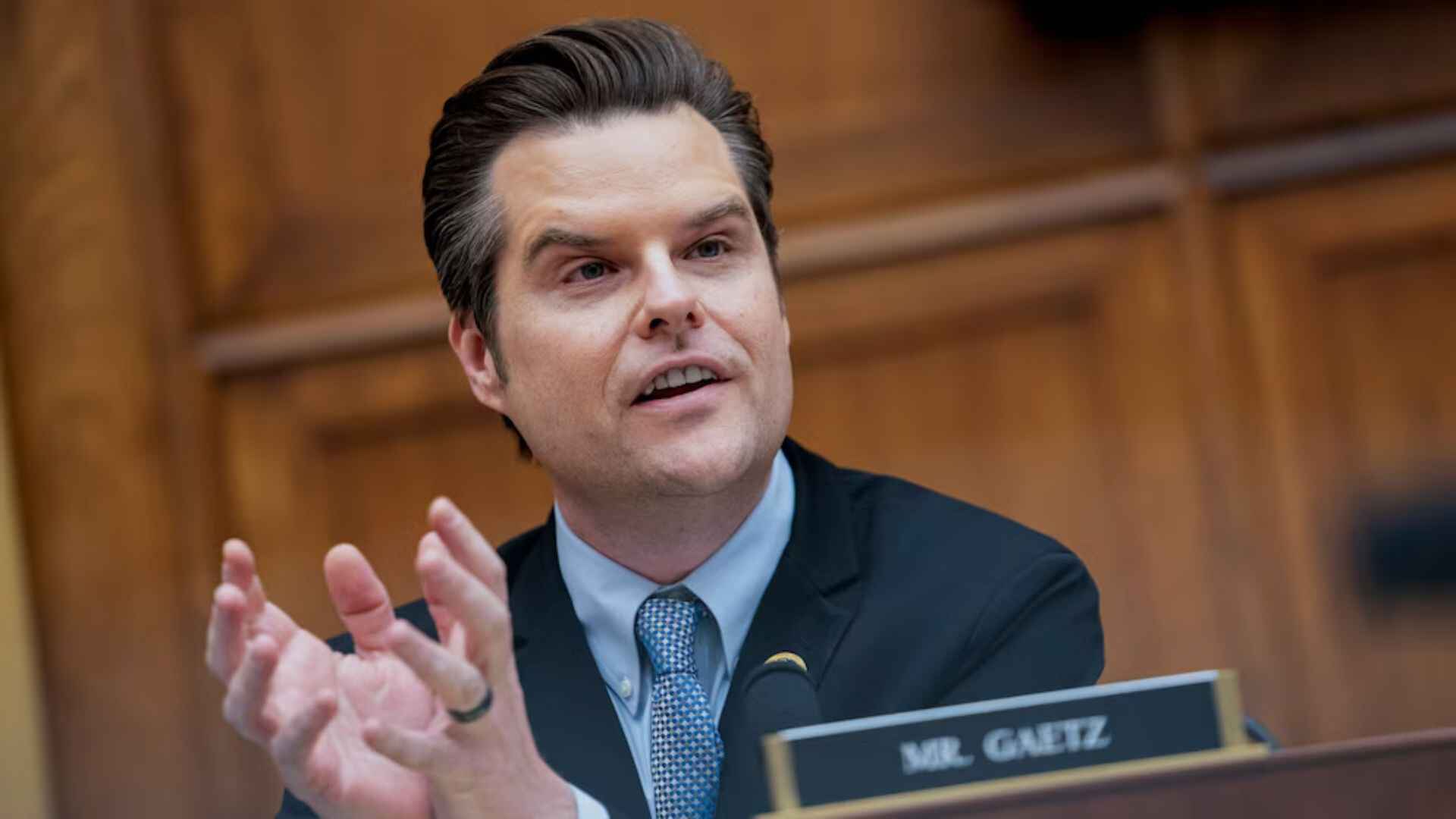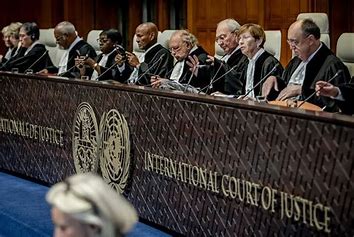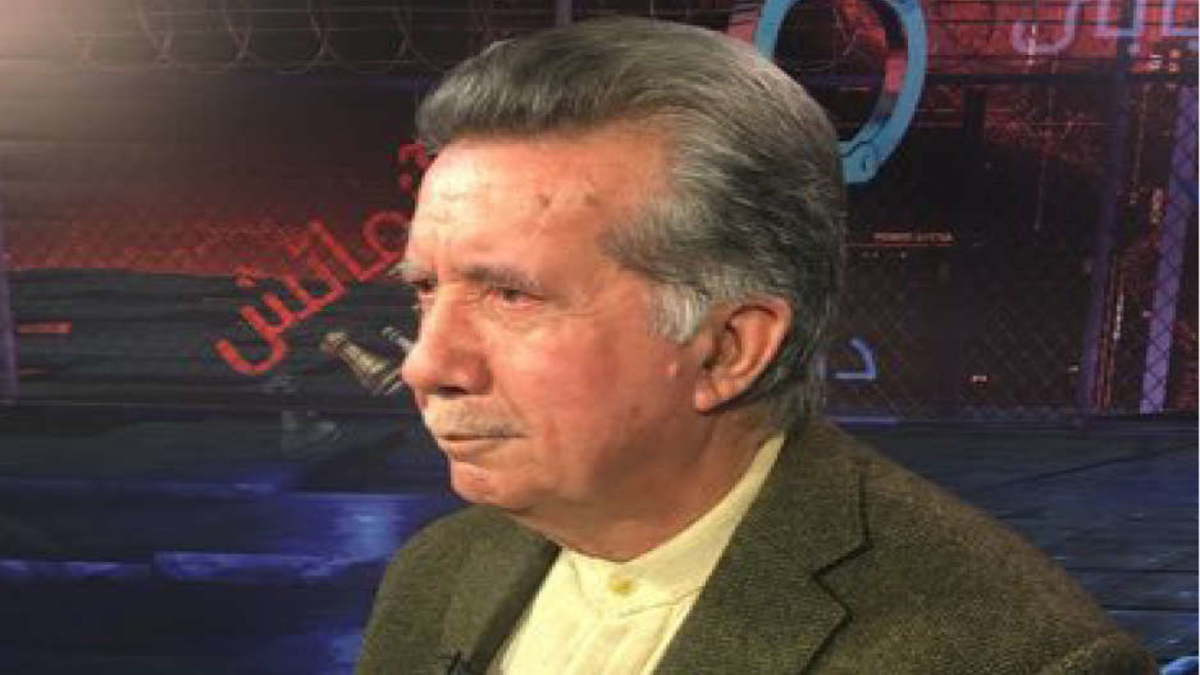
A former senator of Pakistan from Khyber Pakhtunkhwa has accused Islamabad of joining hands with the Taliban to “destroy” Afghan identity and its culture.
In an interview with the Amsterdam-based European Foundation for South Asian Studies (EFSAS), Afrasiab Khattak, who is also a Pashtun rights activist said,
“Pakistan expanded into Afghanistan through its strategic depth policy. During the Afghan civil war, the Pakistani military establishment, aided by the US and the Arab Gulf States, enrolled Afghan refugees in Pakistani madrassas to brainwash them with extremist Islamist ideologies”. Khattak believes that these measures were aimed at ultimately emphasising the Afghans’ Muslim identity over their identity as Afghans and Pashtuns, and thereby deconstructing the Afghan/Pashtun component of their communal identity.
The Taliban, according to Khattak, were thus programmed to destroy Afghan identity and thereby serve the Pakistani military establishment’s aim of ultimately transforming Afghanistan into a cultural extension of Pakistan.
From the late 1980s onwards, this strategic depth policy was also expanded towards India’s Jammu & Kashmir. Here too, the identity of Kashmiris as Muslims was and is prioritised over other identity markers.
However, as Khattak argued, this is a “suicidal policy” for Pakistan, because while Pakistan invests all its efforts in militarisation, its economic development eventually deteriorates. While Pakistan has the potential of becoming even a regional economic power, this strategic policy of Talibanisation has hindered its socio-economic development.
He further criticised Pakistan for historically using Afghan refugees as a political tool and turning these refugees into members of the Taliban against Kabul when relations with respective Afghan governments were strained. India and Pakistan, he argued, must reconcile as the staunch anti-Indianism in Pakistan legitimises military rule that in turn undermines democracy.
The same was said for Pakistan’s relations with Afghanistan: Pakistan’s high military expenditures, Khattak argued, curtail Pakistan’s political and economic development. The historical role of the Pakistani military establishment embodies the empowered role of the armed forces under colonial rule.
